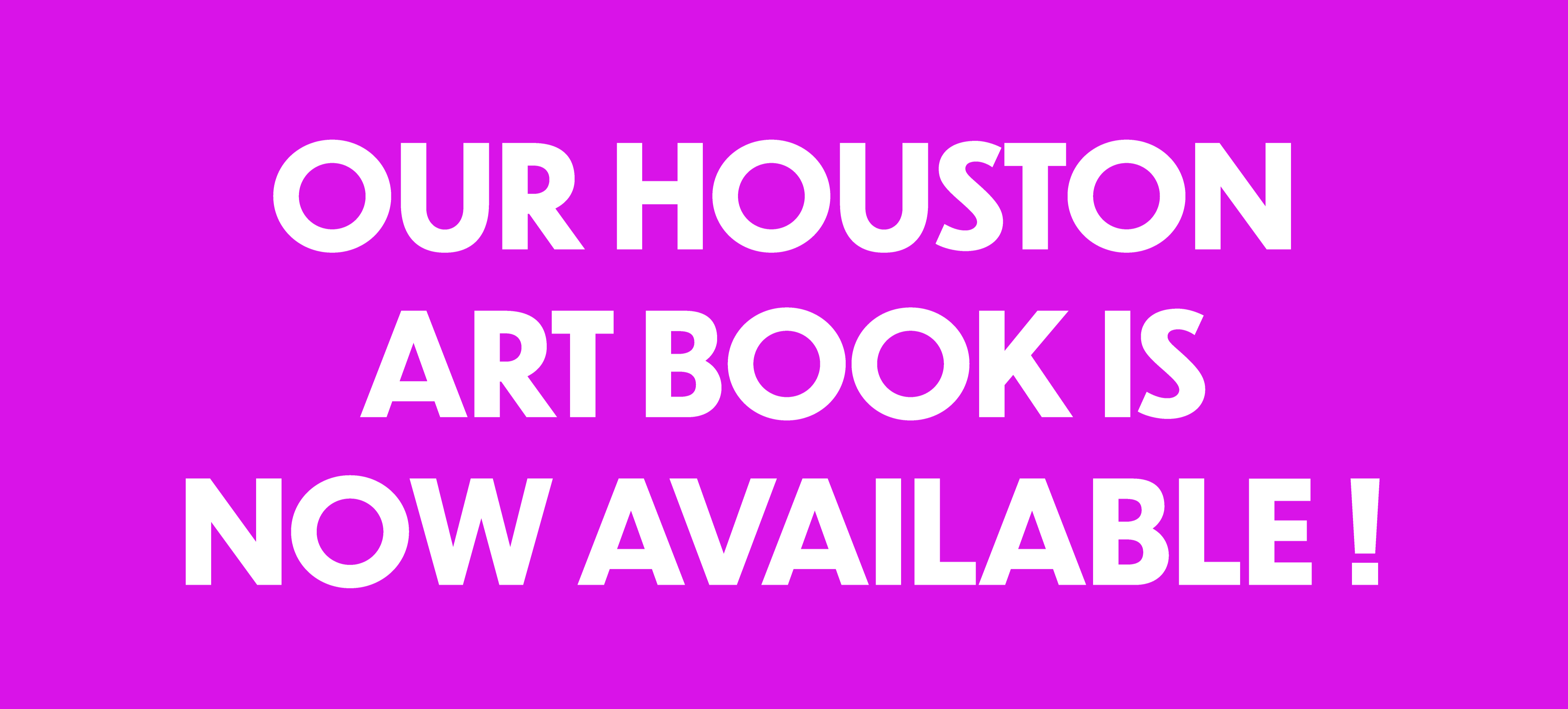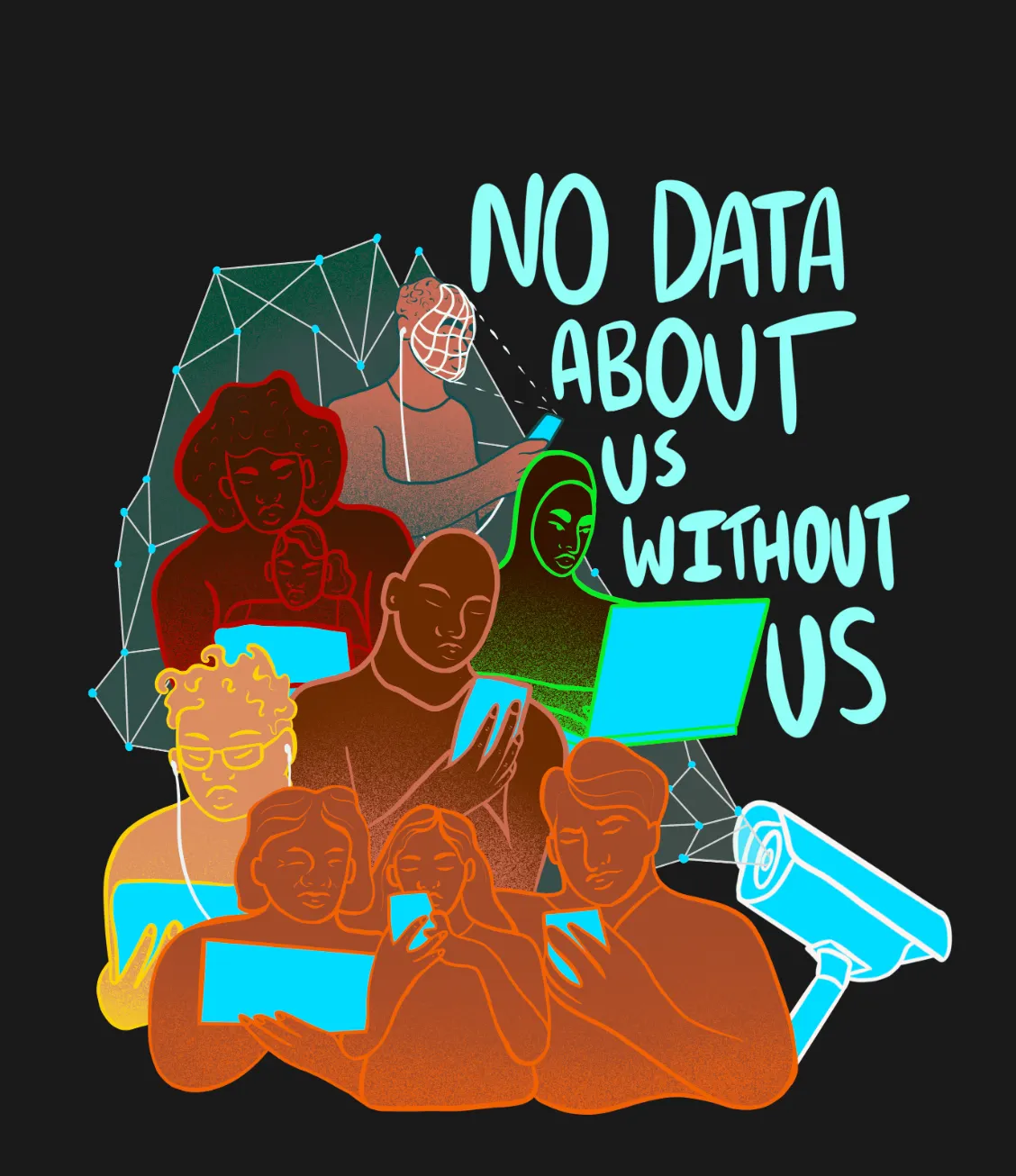New Perspectives on Social Contract from Cúcuta
At Edgelands we harness the power of creative forms artists employ to ask hard questions, foster dialogues, materialize the voices and lives of those affected by political decisions. In this blog post, Andres Boada and Santiago Uribe comment on the artistic outcomes of MATZA Edgelands Cúcuta.

Photo by Andres Boada
Cúcuta is one of the border cities linked to the complexities and geopolitical tensions between Colombia and Venezuela. It also has its own internal security complexities, suffering the consequences of Colombia's armed conflict. The announcement of the reestablishment of diplomatic and commercial relations with Venezuela and the reopening of the border brought with it expectations that Cúcuta would return to a familiar normality: a border open to trade, people and the return to the dynamism and development pole of a border region. However, the security situations and migrant flows in recent years indicates that the dynamics and social contract of the city will be essentially different. In Edgelands we ask ourselves what forms these new social, coexistence and security dynamics will take: how the life experiences of those who live in and transit this border city will change.
At Edgelands we harness the power of art and the creative forms of inquiry that artists employ to ask hard questions, foster dialogues around them, to materialize the voices and lives of those who are affected by these political decisions. In other words, to bring to the center what lies on the peripheries and reveal power relations.
The MATZA Edgelands artist residency project took place in Cúcuta from July 22 to 30. A group of 10 artists lived together in the city, getting to know its history, its people, its culture, its security and migrant problems and its potential as a border zone. At the end of the residency an art exhibition took place at the Fundación El Pilar. Six artists and an architect, Syowia Kyambi (Kenya), Adrian Preciado (Colombia/Venezuela), Ronald Pizzoferrato (Venezuela) Santiago Vélez (Colombia), Vanessa Lacaille (France) and Yann Gross (Switzerland) presented their perspectives on the social contract in Cúcuta after an immersive artistic research in the city. As part of Edgelands I was able to closely observe the creative process of the works where it is proposed that the security of the city does not depend purely on figures and data. Human security models are needed that prioritize coexistence, creation, dialogue, empowered citizenship and minimum guarantees of basic rights. While it is necessary to count on scientists and experts to improve the security of the city, it is also necessary to count on and put at the center of the discussion the local population, migrants and artists. The latter know how to work with subjectivity and experiences, and ensure that questions about the social contract reflect the lives and experiences of those who live in the city: its people.
The following are excerpts and descriptions of the work of 3 artists participating in MATZA Edgelands in Cúcuta and the issues of the city that they explored and contributed to the conversation through their work.
Adrian Preciado (Colombia/Venezuela), "Chronicler of Stories"
"I did not want to tell only my story, but to link these micro-stories", Adrian tells. Because it is scary, and not referring to the place specifically or the people, the fear itself is to the uncertainty. This is the reflection, to know others through the stories they get to tell. The essence of this work is postcards, since they are very common elements to be sent when one finds oneself in another place, where on one of the postcard’s sides comes an image or photograph allusive to the place where one is. Adrian removed the image and asked people to tell their story through it instead, establishing a literary image through writing, thus allowing the postcard reading of a story told by the other.

Ronald Pizzoferrato (Venezuela), "Migrant Wifi"
Given the sight of so many wifi signals and minutes to Venezuela on the border, those who make life on the border, need the connection as security from side to side, because as a migrant who has family on the other side of the border it is important to let your loved ones know that you arrived well, if you work with loads through the trails you need to communicate that the load arrived well that there were no problems. A Wifi modem was bought, and a trail was put in Wifi, where it almost did not work because everyone there was busy, but, in the Escobal bridge, many people were connected. When one connects , one does not feel so lost.

Yann Gross (Switzerland), "Everyone is looking at you"
It takes time to understand the border, being at the border, at the crossings both legal and illegal you discover a different atmosphere, they look at you a lot, people always look at you and always being watched by the fact of being in one place was the main thing for the design of the artistic idea. When arriving at a store at the border there was an image of Jesus Christ that followed you while you were moving, even though it was a static object. Relating the concepts, the work consisted of portraying people at the border with plaster casts, making videos of them, showing a similarity between the dualities of movement and stillness, adding the idea of surveillance at the border.

Letting oneself be inspired by different contexts in the research becomes a complex but powerful process, one cannot speak intellectually or artistically of the social contract if one does not live the social contract, that is why it was essential that the artists could go through this whole creative process soaking in the different dynamics around the city, knowing and deepening in its people, to, through artistic subjectivity, portray the different perspectives that occur in Cúcuta and its spaces. An approach that contributed to the notions of study that we try to expose from Edgelands.
Undoubtedly it was a very strong and emotional experience for all, from the quality of observer we were able to know the complex artistic work in a limited time to deliver a project, to splice the different visions that may exist and establish their artistic language was a challenge, however, it was necessary to obtain new perspectives of the social contract in Cúcuta, within its history and changing context. It is a construction, it is an empowering process where the social fabric is transformed and the results of the artistic and academic effort are obtained.



